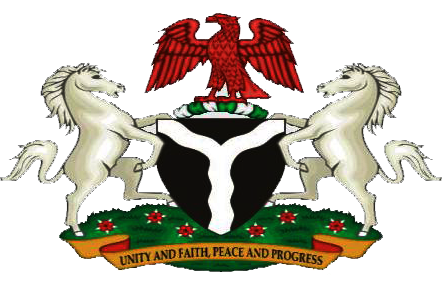Introduction:
Nigeria’s journey to independence is a story of resilience, unity, and determination. This article delves into the events and figures that shaped the country’s liberation from colonial rule.
Colonial Rule and Resistance:
From 1914, when Nigeria was amalgamated by the British, to the 1940s, nationalist movements gained momentum. Figures like Herbert Macaulay and Nnamdi Azikiwe championed the cause of independence.
The Role of Nationalist Movements:
Organizations like the Nigerian Youth Movement and the National Council of Nigeria and the Cameroons (NCNC) played pivotal roles. Their efforts culminated in constitutional reforms, paving the way for self-governance.
Independence Day:
On October 1, 1960, Nigeria gained independence with Sir Abubakar Tafawa Balewa as its first Prime Minister. This day marked the beginning of a new era for the nation.
Conclusion:
Nigeria’s path to independence is a testament to its people’s determination. As the country continues to evolve, the legacy of its freedom fighters serves as a reminder of its resilience.


